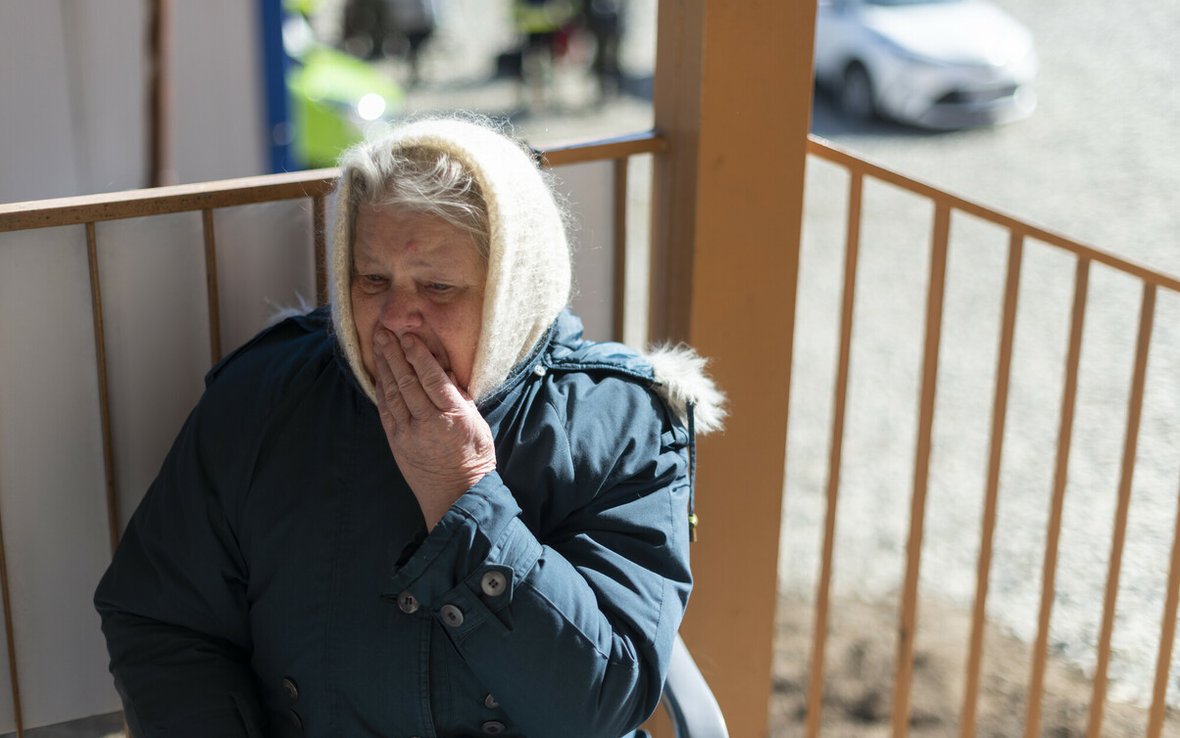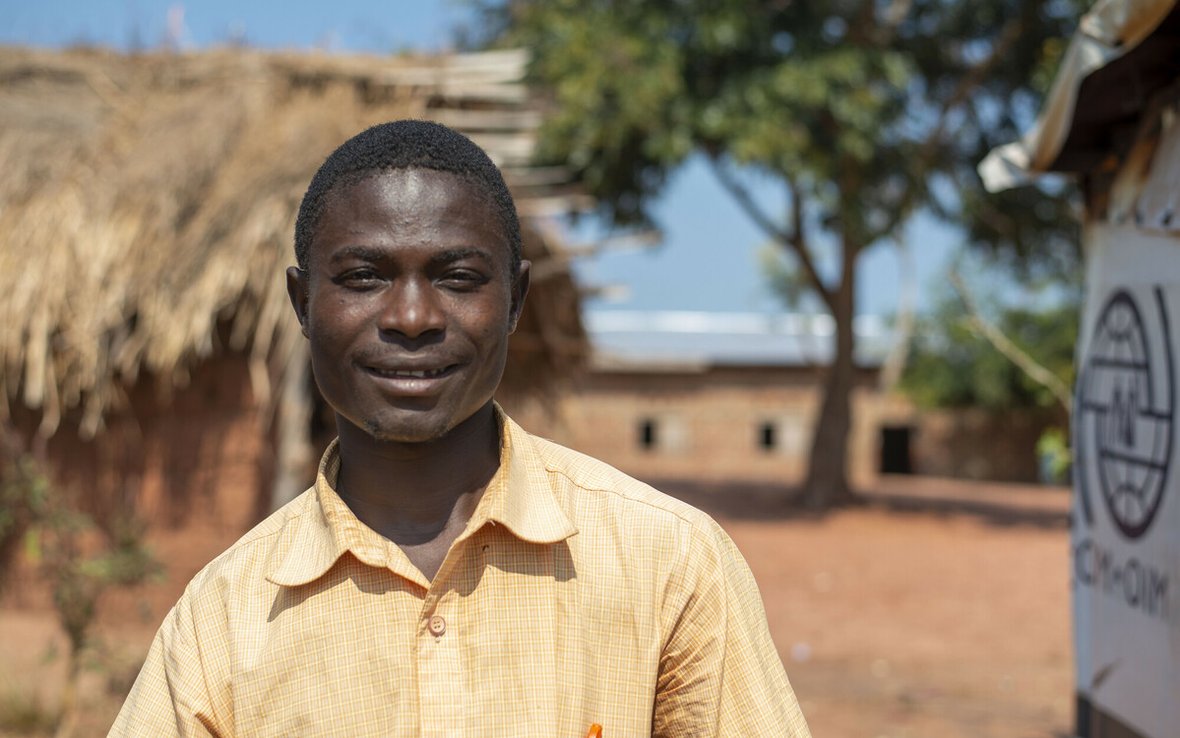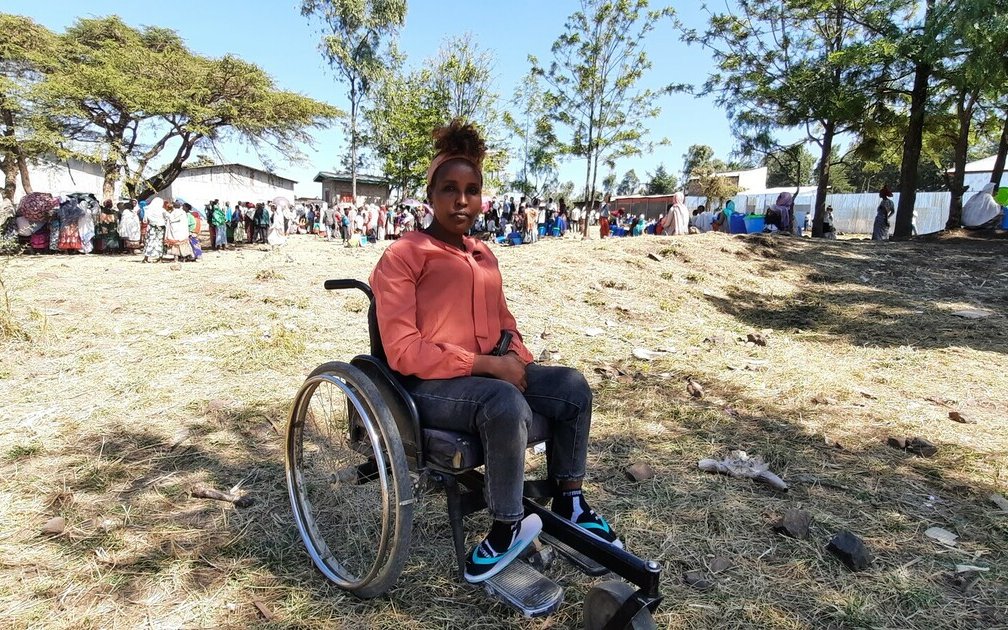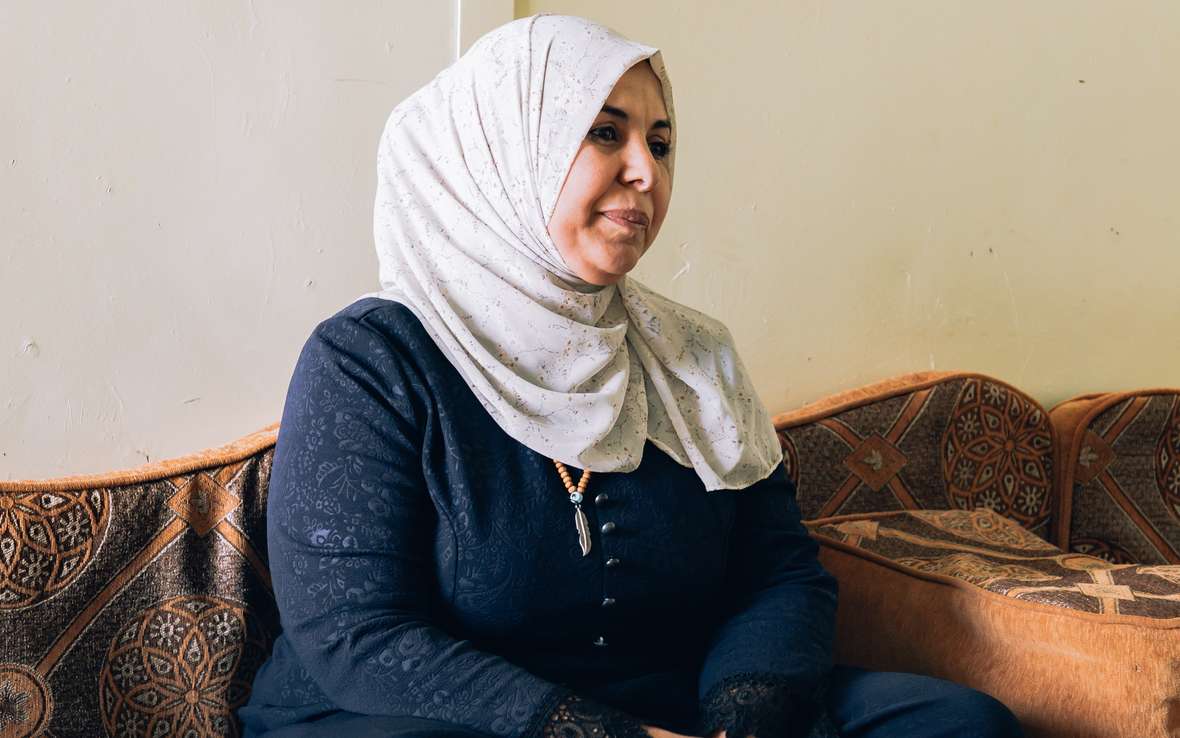This World Refugee Day, we’re highlighting five individuals who have shown incredible strength in the face of great danger to get themselves and their families to a place of safety.
June 20 marks World Refugee Day, designated by the United Nations (UN) to celebrate the courage of people who have been forced to flee their homes to escape conflict or persecution. In May, the UN Refugee Agency (UNHCR) reported a troubling milestone—the number of people forced to flee their homes had reached 100 million for the first time ever.
About one percent of the world’s population has been forcibly displaced as a result of conflict, violence, climate change, poverty, and food insecurity. This record number includes refugees and asylum seekers, as well as more than 53.2 million people who have been internally displaced (known as internally displaced people or IDPs) within their homelands.
Behind these staggering figures are the people themselves, who are asking for reprieve so they can begin rebuilding their lives. Here are just a few examples of what refugees and IDPs are dealing with. Read on to learn how you can help people in search of refugee find safety and security.
Zoe*, lives in a shelter in Tijuana
In Honduras, Zoe* witnessed a crime that left her and her family vulnerable to threats of violence. Following years of harassment, her husband was granted humanitarian parole, allowing him temporary refuge in the United States.
With no choice but to flee her dangerous circumstances, Zoe made her way to Mexico with her son and daughter. They survived the treacherous journey only to be denied entry at the US border and detained. Recently, she made the difficult decision to send her daughter, who was experiencing sexual harassment in Mexico, on to the United States unaccompanied in hopes that she could reunite with her father.
We learned about Zoe through our partner Al Otro Lado, a bi-national organization that provides legal services to and fights for the rights of immigrants. Reflecting on her journey, she shared: “it is not easy to leave your country where one leaves his or her parents, where one leaves behind material things that have cost him or her a lifetime.”
Ludomira, fleeing from Ukraine

Oxfam spoke to Ludomira, 74, at the Lodyna transit center for refugees, as she made her way from Kharkiv, Ukraine, to Poland. “I didn’t even have time to take enough clothes with me,” she said, about the decision to flee conflict. “I took only what was in front of my eyes.”
She crossed the border to Poland so she could take refuge at her son-in-law’s home, but she was hopeful she could return to Kharkiv soon and that her house would still be standing.
"All I want is that there be peace as soon as possible… that we return to our homes, to our friends, to our neighbors, and that I can visit my husband's grave,” she said.
Kibawa Muzinga Augustin, living in a camp for displaced people in the Democratic Republic of Congo (DRC)

When Augustin was young, his mother joined the army. Since then, he has been cared for by his grandmother. Childhood polio left him with one of his legs paralyzed. Regardless of disruptions to his education, his grandmother made sure he graduated high school. Now, Augustin wishes to continue his schooling. “At the university I would have liked to do law,” he shares, but his grandmother does not have enough money to send him to college.
In the camp, he sleeps on the floor and is stuck with flimsy crutches, which further impair his movement. The greater concern, however, is the lack of food in the camp. Oxfam, along with other organizations, is working within the camp, providing support, including cash assistance to purchase food.
Tiringo*, displaced from her home in Ethiopia

Tiringo* is 29-year-old single mother who was displaced from her home in the Amhara region of Ethiopia. Oxfam met her at the Ebnat Center for internally displaced people, where she was collecting food.
Tiringo has a disability that requires the use of a wheelchair; when she fled her home, she could not find anyone who was willing to give her a ride. She ended up wheeling herself about 28 miles to reach safety. When she arrived at the center for displaced people, she slept for three days straight.
She is thankful to be alive, but she had to make the journey on her own, leaving her 10-year-old son and her elderly mother behind. Three months have passed and she does not know if her family has survived.
Oxfam is providing cash, water, sanitation, and hygiene items like soap, jerry cans, and dignity kits and food, including wheat, flour, oil, lentils, and salt to Tiringo and other displaced people in the Tigray, Amhara, and Afar regions of Ethiopia.
Mayada, lives in Za’atari Refugee Camp, Jordan

Mayada worked as a nurse assistant at the height of the Syrian conflict in 2013, but was eventually forced to seek shelter at the Za’atari Refugee Camp in Jordan. That’s where she lives today with her family of five, including one granddaughter.
On the day Oxfam interviewed her, Mayada was focused on how to support her family when she is currently unemployed and surviving off humanitarian aid. “This is barely enough for the basic commodities rice, sugar, tea, and bread … this aid does not pay for clothes, heating, and transportation,” said Mayada.
Za’atari refugee camp hosts around 80,000 refugees and is closing in on the 10th anniversary since its establishment. In the world’s largest Syrian camp, Syrians are battling difficult living conditions, shrinking opportunities, and uncertainty about the future.
“Those who are employed live day by day, and those who are not need to sell their food coupons to afford other necessities,” said Mayada.
What is Oxfam doing to support refugees and displaced people at the US border and around the world?
Oxfam strives not only to help displaced people around the world with their immediate basic needs for clean water, shelter, food, and work. We also advocate for their long-term wellbeing, both in their own nations and in the countries which host them. We push for enduring change through policies that will defend asylum rights and for wealthy countries to respond by welcoming refugees for resettlement.
*Names have been changed to protect identities.
